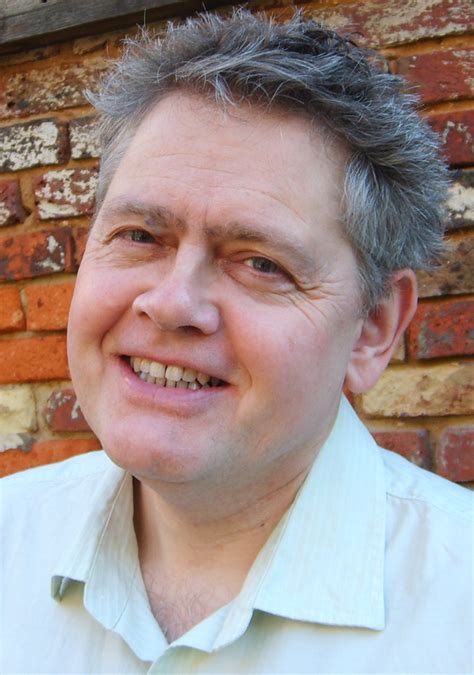A Quote by Rachel Cusk
The true self seeks release, not constraint. It doesn't want to be corseted in a sonnet or made to learn a system of musical notations. It wants liberation, which is why very often it fastens on the novel, for the novel seems spacious, undefined, free.
Related Quotes
If someone does learn about the world from reading a novel of mine, that makes me very happy. It's probably not what brings me into the novel in the first place - I usually am pulled in by some big question about the world and human nature that I'm not going to resolve in the course of the novel. But I'm very devoted to getting my facts straight.
The point is, that the function of the novel seems to be changing; it has become an outpost of journalism; we read novels for information about areas of life we don't know - Nigeria, South Africa, the American army, a coal-mining village, coteries in Chelsea, etc. We read to find out what is going on. One novel in five hundred or a thousand has the quality a novel should have to make it a novel - the quality of philosophy.






































